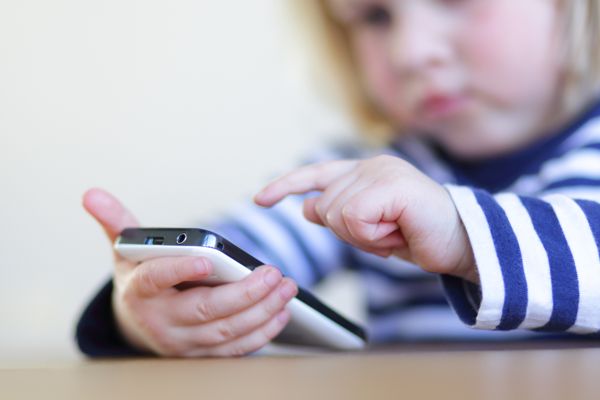In this technologically advanced world, we understand that almost everyone has a cell phone by now. It isn't uncommon in our era for children that haven't even made it into middle school yet to be seen thumbing it up on their iPhones.
But, with all of the apps available to kids, with little to no parental consent required, what, exactly, are our children downloading? We have compiled a list of what we have found to be the top scariest applications available (for free) out in the digital world today.
SNAPCHAT
Although the app's website states that "Snapchat is intended for use by people who are 18 years of age or older, and persons under the age of 18 are prohibited from creating Snapchat accounts", a whopping 50% of Snapchat users are between the ages of 13-17.
Read More »




















